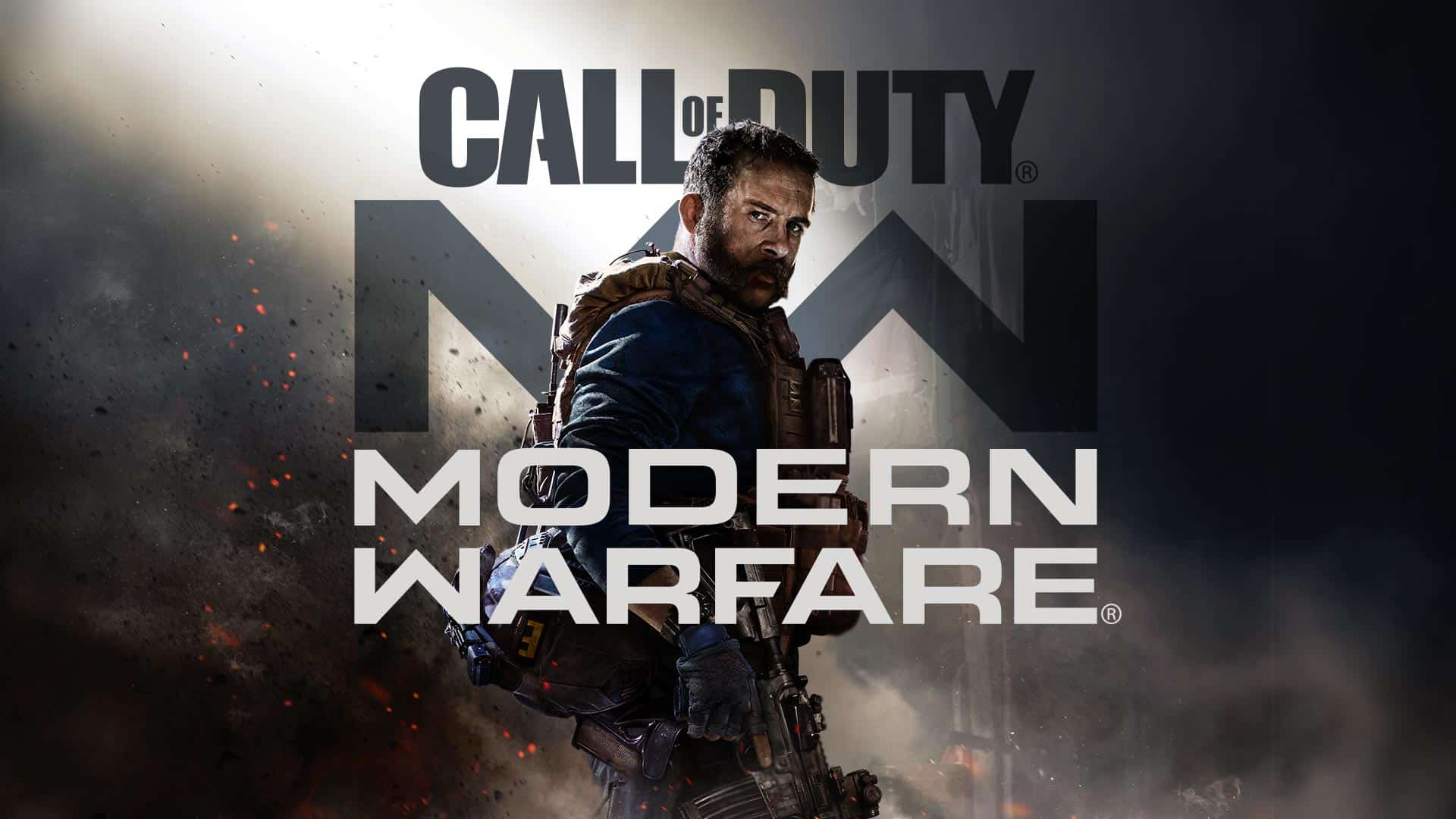said the boss Microsoft Brad Smith, that his company has offered its Sony counterpart a 10-year contract to make each new version of the game, Call of Duty, available on its gaming platform, PlayStation, at the same time it releases on Xbox’s platform Microsoft .
The US tech giant hopes the move will allay concerns from regulators and its competitors about the monopoly that could result from the proposed $69 billion takeover of Call of Duty developer Activision Blizzard.
And in the last month, Reported politician The US Federal Trade Commission is likely to file an antitrust lawsuit to prevent Microsoft’s acquisition of Activision.
In response, Smith wrote Opinion article In the Wall Street Journal on Monday, he defended the acquisition as “good for gamers” and criticized any potential FTC lawsuits. “That would be a huge mistake,” he said of the reported lawsuit. It will hurt the competition, consumers and thousands of game developers.”
Regulators in the European Union and the United Kingdom have launched antitrust investigations into the proposed acquisition of Microsoft to see if the deal would hurt competition. The European Union fears that Microsoft could block access to games like Call of Duty to competitors.
And after Microsoft announced its intention to acquire Activision last January, Sony’s stock prices fell as investors feared PlayStation would be stripped of Activision games. But Microsoft has since tried to allay those concerns.
Smith said any move to make Call of Duty unavailable for PlayStation would be “economically irrelevant” because a vital portion of the game’s revenue comes from sales to Sony’s gaming platform.
“Given the popularity of cross-platform play, this would also be disastrous for Call of Duty and Xbox itself, alienating millions of gamers,” he added.
Smith also said: “For this reason, we have offered Sony a 10-year contract to make every new Call of Duty installment available on PlayStation at the same time it is available for Xbox. We are open to making the same commitment to other platforms and making it legally enforceable by regulators in the US, UK and EU.”


